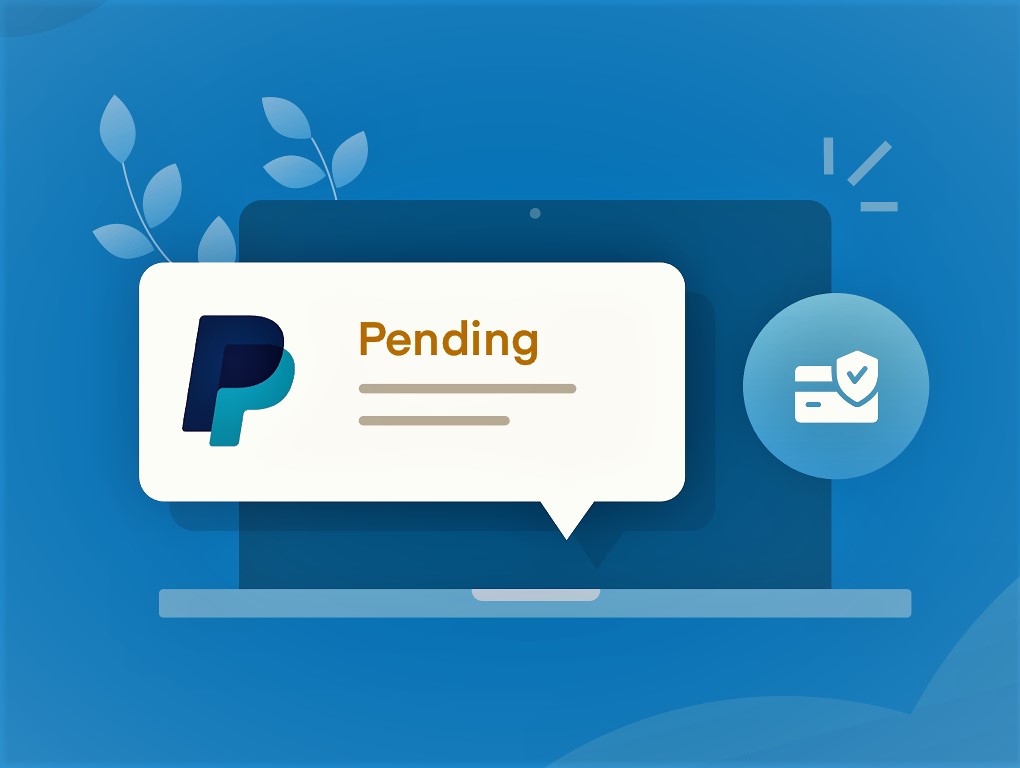Today we’re talking about why are my payments pending in PayPal? PayPal is one of the world’s leading online payment platforms, providing businesses with a safe and secure means to process payments.Business owners must understand why PayPal payments have gone into pending status in order to work effectively with customers and resolve any potential issues.
1. Disputes or Chargebacks
When you receive an invoice with a “pending payment”, it means the money has been deducted from a buyer’s account but hasn’t yet been deposited into your PayPal balance. This could happen if they file a dispute or their bank or card issuer reverses it, though typically, direct communication will allow you and the customer to work together to resolve issues quickly; if not, escalated claims can be filed and PayPal will review them further.
Possible reasons for payment issues could include: the recipient hasn’t verified their email or phone number; payment was sent to an address not associated with a verified PayPal account; or it’s an eCheck that hasn’t cleared yet.
PayPal will conduct an investigation when receiving a chargeback from your bank and provide their findings. They may suspend or limit your account if they believe you are selling high-risk items or violating their policies, so if you need assistance managing fraud risk consider speaking with Chargebacks911 about scheduling a complimentary chargeback analysis session.
2. High-Risk Items
PayPal will hold payments in order to prevent potential fraud, such as when selling high-risk items like tickets, travel packages or consumer electronics; or when changing selling patterns that could appear suspicious; such as sudden increases in sales volume or shifting away from selling certain types of goods that is normally offered.
If you’re new to PayPal or haven’t sold anything recently, it can take time for you to build up a positive transaction history and establish credibility among buyers and sellers. As this occurs, payment holds may arise while developing buyer/seller credibility.
Payments could also be held up if you use a plugin that requires customers to make payments before accessing products or services. Although these transactions should typically go smoothly, any issue during this process could cause it to remain “pending” until resolved, leading to unhappy buyers filing disputes against you or filing claims against you. You can avoid this situation by always verifying the correct address is entered when processing transactions and offering return policies should any issues arise during these interactions.
3. Transaction Limits
PayPal uses a “pending period” when receiving funds through their platform for sending them directly to banks, to help protect you by monitoring transactions for suspicious activity and acting swiftly should anything seem amiss. Furthermore, this helps PayPal efficiently allocate resources while adhering to industry standards and regulatory requirements.
Payments may be held up because their email or phone number aren’t linked with a verified PayPal account, or shipping addresses haven’t been confirmed; or your Payment Receiving Preferences require manual acceptance of payments; and even an eCheck might haven’t cleared yet.
If your payments are failing to clear, there are a few strategies you can try. First, double-check that your email and phone numbers are correct in your account settings; secondly, get your account verified, which typically involves adding a linked bank account and going through one simple verification step.
4. Technical Issues
PayPal frequently holds payments until they can confirm that the seller is abiding by all policies and agreement terms, or it may investigate suspicious selling patterns or riskiness in transactions.
Reasons for late payments may vary, and it’s essential that we identify them and resolve them quickly to prevent delays or loss of funds.
One possible cause could include a buyer disputing or initiating a chargeback on an item purchased, an issue with currency conversions or holding payments for high-risk items. To reduce these pending payments and prevent disputes or chargebacks from buyers, ensure all policies and agreements are adhered to, offering quality products or services, and offering exceptional customer service.
When using PayPal for business purposes, it’s advisable to create an authentic business account as opposed to personal ones. This will help reduce pending payments and allow for faster processing times; you can find more about creating one on their website. Furthermore, updating your app regularly is key as this can fix problems more efficiently while improving overall performance.
5. Inactive Sellers
PayPal places money on hold temporarily in order to ensure its platform remains safe for buyers and sellers alike. Although funds belong to sellers, PayPal stores them temporarily to ensure there is enough funds in accounts should any issues arise that require resolution.
Getting back into selling can take time; initially it may result in delayed payments until customers can establish trust that you are an authentic seller with an impeccable track record for customer satisfaction.
Inactive sellers will find it more challenging to gain PayPal’s trust, potentially facing repeat pending transactions and suspension of their accounts. One way to combat inactivity is using vacation mode for your shop; even then, notifications will still reach you via email, the Seller Portal, seller updates and the Performance tab of VOC Dashboards.


